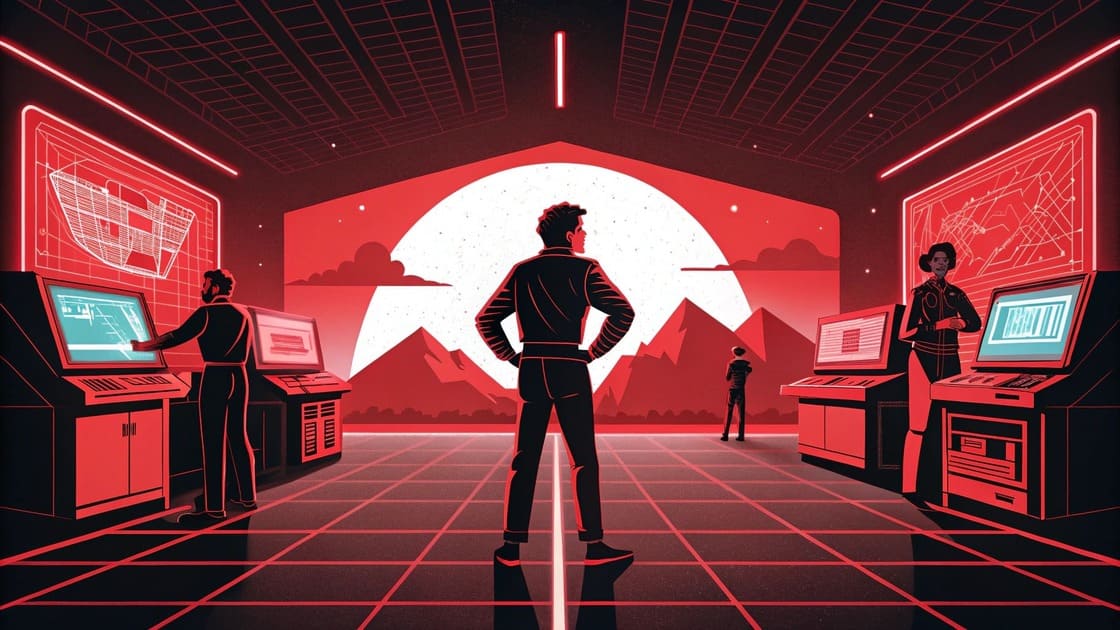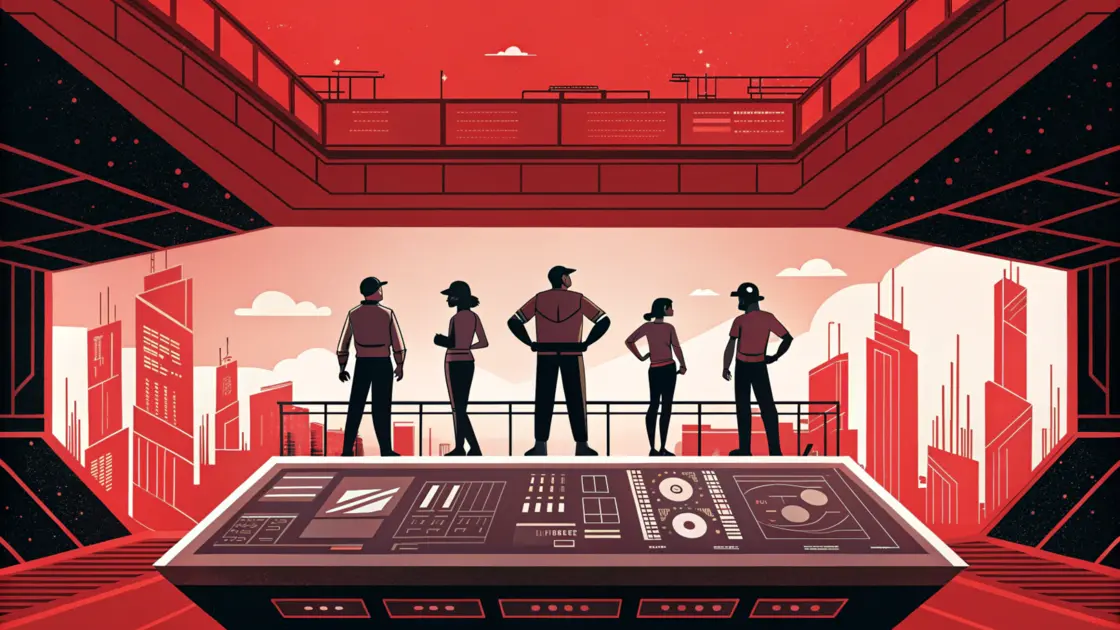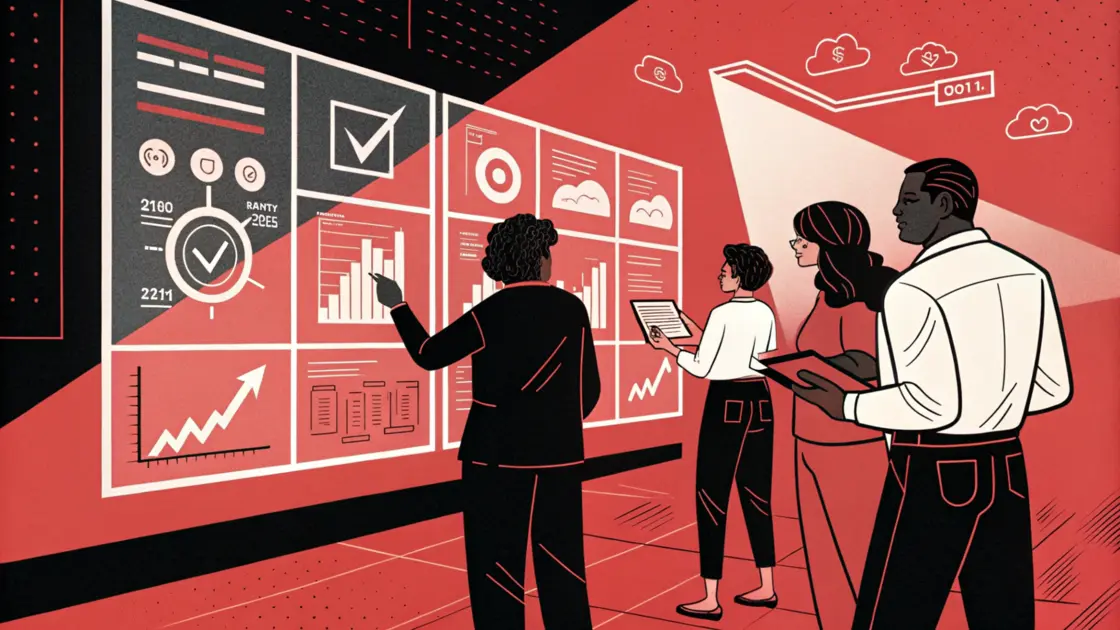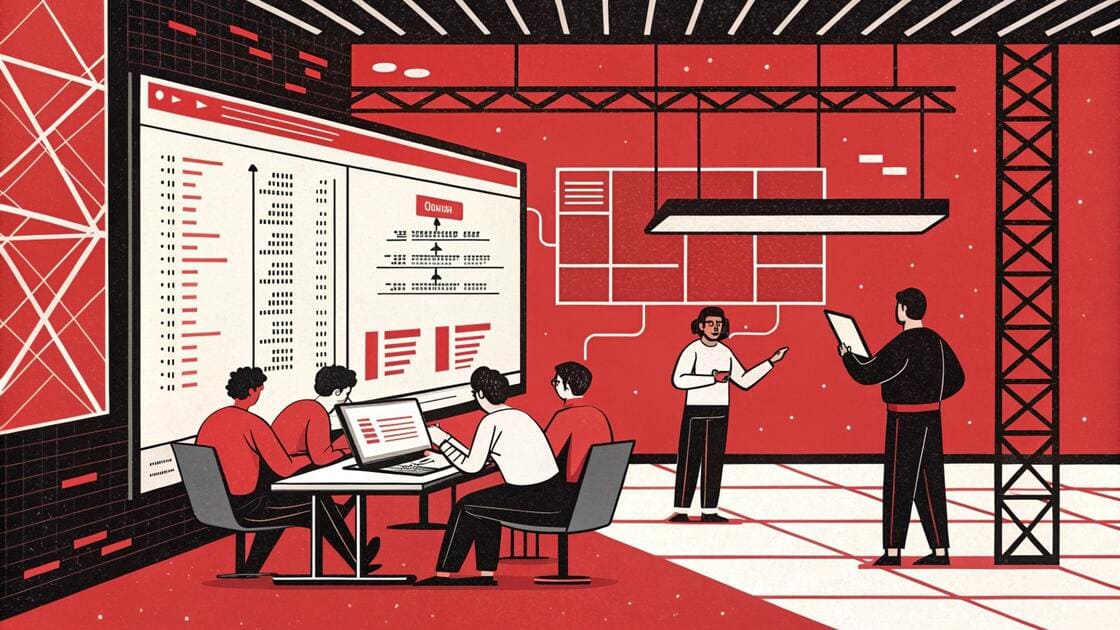
Not all great developers make great tech leaders. While technical expertise is crucial, leadership demands a different set of skills, ones that inspire teams, foster innovation, and shape the systems that turn ideas into reality. A strong tech leader must strike a careful balance between deep technical knowledge and the ability to guide, mentor, and strategize in an ever-evolving industry. It’s not just about solving complex problems; it’s about setting a vision, making tough decisions, and empowering teams to do their best work.
In this article, we explore 10 essential skills that will help you grow as a tech leader, navigate challenges with confidence, and drive meaningful impact.
Every tech company needs both managers and leaders. And while these two terms are often used interchangeably, they are two distinct roles.
A manager supports employees in their daily work, ensuring they have the tools, support, and resources to get their best work done. In tech, as in many industries, managers may be “working” managers who have done the work that team members have done. They have the technical know-how to understand what goes into development, for example.
Leaders, on the other hand, are responsible for the big picture, identifying the company’s mission and vision and sharing core values with the team. As a tech leader, you help people understand the “why” behind a product and inspire them to collaborate toward common goals. Often, leaders were once managers and possess the same level of technical expertise (or more).
Great leadership takes time to develop. The fact that you’re reading this article is a positive step in the right direction, whether you’re a manager working your way toward a leadership role or you’re a leader looking to master your skills. Here are 10 areas where you can focus your energies.
While they’re not taking a microscope to every line of code, tech leaders have strong technical skills. They walk the walk, sharpening their skills to stay on trend, supporting engineering teams, and checking that development timelines are on track.
Even if you’re not aiming to grow as big as Microsoft or Google, having a solid technical background is essential in any size tech company. Just look at Sergey Brin, still flexing his tech skills as a key contributor to the development of Google’s AI strategy. With a strong foundation, leaders can guide technical decision-making and do what’s best for the team and company.
If TikTok can go down and back up within a day’s time, tech leaders certainly need to stay vigilant and ready to pivot. Strategic thinking allows leaders to identify emerging trends and plan for the long term, making them more proactive than reactive in the short term. With the ability to analyze market trends and user data, tech leaders can make better decisions and adapt to shifting market conditions, ultimately aligning technical goals with overall business objectives.
If TikTok can go down and back up within a day’s time, tech leaders certainly need to stay vigilant and ready to pivot. Strategic thinking enables them to stay ahead by identifying emerging trends and planning for the long term, making them more proactive than reactive. Platforms like Product Hunt, Trends by The Hustle, and Gartner's Tech Trends Reports offer valuable insights into upcoming technologies, market shifts, and innovative products, helping leaders anticipate changes and make informed decisions. By continuously analyzing market trends and user data, tech leaders can adapt swiftly to shifting conditions, ensuring their teams and businesses remain competitive while aligning technical goals with overall business objectives.
Having technical knowledge is critical. But so is the ability to explain complex topics to non-technical stakeholders, including investors. In fact, Harvard reports that communication skills are among the most sought-after for tech leaders and people in all roles across an organization. Whether writing an email, sending a Slack message, presenting to a group, or conversing with team members, tech leaders must be clear, concise, and persuasive. They also require active listening skills to understand team members’ workflows and pain points.
From downtime and technical glitches to data breaches and customer service issues, problems can arise anytime when running a tech company. Tech leaders need to take creative and effective approaches to such challenges, rooting out the causes and identifying solutions to the toughest problems.
Solving problems also means identifying and addressing pain points among customers and team members. Whether it’s a technical problem, a cultural issue, or a market opportunity, tech leaders must be adept at navigating these issues without skipping a beat.
Even in the face of uncertainty, tech leaders must balance speed, accuracy, and good old-fashioned grit to make strategic decisions for the organization. For example, it took determination for Reed Hastings to transition Netflix from a subscription TV and movie rental service to a streaming platform. This move paid off for the now multibillion-dollar company and illustrates the advantages of taking calculated risks.
Along with being decisive, tech leaders need to know when to adopt new technologies or workflows. Sometimes, it’s a matter of upgrading internal systems to make work more efficient and productive. Other times, adaptability means staying competitive.
Consider John Zimmer, who co-founded Lyft along with Logan Green. The pair originally launched a rideshare service called Zimride on college campuses. Later, they adapted their model to compete with more established companies like Uber, and today, Lyft holds a larger share of the U.S. ride-sharing market.
Every great leader knows that developing their teams is critical for long-term success. Developing a strong bench means building trust, fostering a collaborative culture, and supporting team members’ ongoing growth. This approach ensures team members feel supported and better prepared to step into leadership roles in the future.
Plus, tech leaders were once mentees themselves. Think of Intel’s Andy Grove mentoring Apple’s Steve Jobs, or HP’s Bill Hewlett and David Packard, mentees of Frederick Terman, the father of Silicon Valley. Where would be today without such mentorship?
Emotional intelligence is a crucial quality for tech leaders. It allows them to understand team dynamics, mediate conflicts, and create a positive work environment. Emotionally intelligent leaders possess self-awareness, social awareness, relationship management, and self-management skills. As such, they can also manage their own emotions and respond to workplace situations when emotions run high.
Although managers may be more hands-on in terms of day-to-day project management tasks, tech leaders must also manage resources, deadlines, and expectations. This skill involves prioritizing tasks based on the available team power, budget, and market demands.
It may also entail adding resources, increasing budgets, or shifting attention to more pressing product development needs. With many tech leaders increasing their budgets in 2025, they’re working to balance growth with smart spending.
Tech leaders have one of the most gargantuan tasks: inspiring teams to innovate and align with the organization's mission and vision. Going back to Steve Jobs, his decision to focus on the development of the iPhone over other projects, such as the Newton PDA, proved to be a pivotal moment. By putting innovative products at the forefront, Apple continues to earn customer loyalty and impact the tech industry today.
If building the skills above sounds like a tall order, take heart. Building tech leadership abilities is a marathon, not a sprint. Here are some simple strategies to hit the ground running:
As a senior tech lead, I know how challenging it can be to develop leadership skills. I also know how rewarding it can be when the hard work pays off. If you’re curious about how you can be a more effective leader, let’s chat. Reach out today to learn how you can start mastering the art of juggling technical expertise with leadership skills.













© 2026 Mario Lemes Medina. All Rights Reserved.